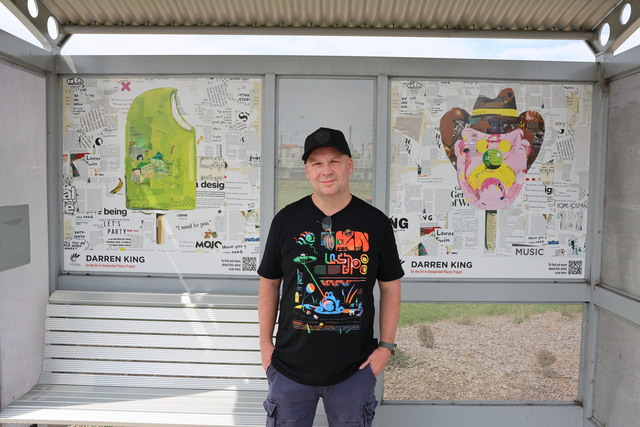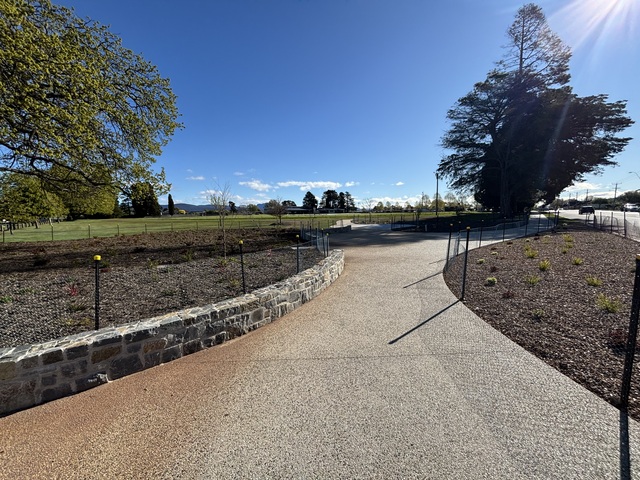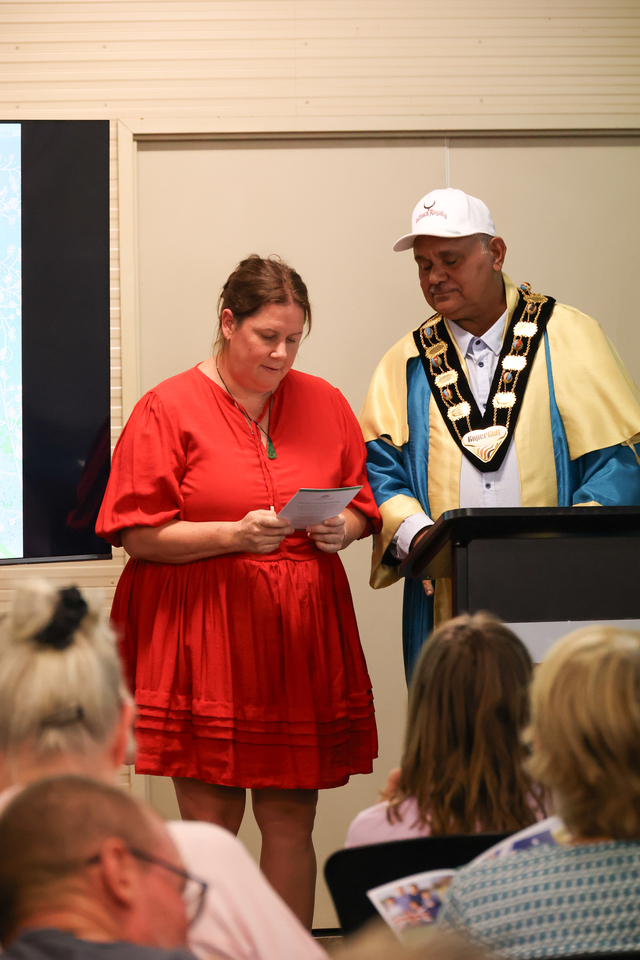The long term drought conditions kept council roads in reasonably good order, but with the return of the rains, not to mention the floods, concrete slabs in roads have started to give problems in many areas.
Much of the excess rainwater on roads has been finding its way down slab joints, softening the sub-base material. Then the traffic makes the slabs pump up and down, forcing the mud up and out through the joints. Allowed to go on too long, this leads to slabs being stressed and becoming cracked.
To prevent ultimate slab failure and replacement, councils now turn to preventive action: resupporting slabs.
Increasingly they are finding that the unique Uretek method is the best solution: injecting structural resins under the slabs. The resins mix as they go into the ground and they expand, exerting great force. That expansion force is firmly controlled, being constantly monitored by laser level.
First the resins fill any voids that had been created under the slabs. Then they compact any weak sub-base areas. Finally, if the slabs need to be relevelled, the injection is continued, bringing the slabs up to their correct positions rapidly and precisely.
The chief advantages of this method over traditional concrete slurry ‘mud jacking’ are as follows:
• the Uretek process itself is very quick: just drilling tiny (16mm diameter) holes and then rapidly injecting resins
• traffic can run over the corrected area just 30 minutes later
• there is no excavation, mess, water and no cement dust
• little weight is added to an already stressed area as Uretek weighs about 1/20th the weight of concrete, despite its great strength
• Uretek retains a measure of flexibility to flex whereas slurry cracks up under repeated traffic stress.
For more information contact Uretek on 1800 623 312 or visit www.uretek.com.au
*Copy supplied by Uretek







